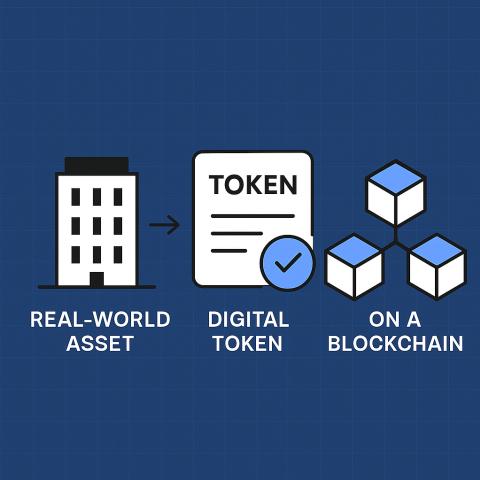In today’s fast-paced healthcare industry, managing operations efficiently while delivering high-quality patient care is a challenge. Enterprise Resource Planning (ERP) systems are increasingly being adopted as a solution to streamline processes, optimize resources, and ensure better compliance. This article explores the key benefits of ERP in healthcare and how it is transforming the way hospitals and clinics operate
What is ERP in Healthcare?
ERP (Enterprise Resource Planning) is a centralized software solution designed to manage and integrate various business processes. In healthcare, ERP systems play a vital role by providing a unified platform to manage clinical, administrative, and financial operations.
Core Components of ERP in Healthcare
Patient Data Management: Centralized access to patient medical records for better care coordination.
Resource Allocation and Scheduling: Efficient management of hospital resources such as staff, equipment, and facilities.
Financial and Billing Processes: Automated billing, payment processing, and financial reporting for improved accuracy and transparency.
Key Benefits of ERP in Healthcare
1. Improved Operational Efficiency
Healthcare facilities often face challenges in coordinating multiple departments and processes. ERP systems centralize operations, enabling better communication and collaboration.
Automation of repetitive tasks, such as scheduling and billing, reduces manual errors.
Unified access to data allows faster decision-making and smoother operations.
2. Enhanced Patient Care
Delivering timely and accurate care is critical in healthcare. ERP systems ensure that providers have access to the right information when they need it.
Faster Access to Patient Records: Healthcare providers can quickly retrieve patient histories, test results, and treatment plans.
Streamlined Appointment Scheduling: Reduces patient wait times and ensures optimal resource utilization.
Integration with Other Technologies: ERP systems work seamlessly with electronic health records (EHR) and telemedicine platforms to enhance care quality.
3. Cost Optimization
ERP systems help healthcare providers reduce operational costs without compromising on care quality.
Better Resource Utilization: Optimize the use of staff, equipment, and facilities.
Reduction in Administrative Overhead: Automated processes minimize paperwork and manual interventions.
Improved Financial Planning: Real-time analytics help in budgeting, cost tracking, and resource allocation.
4. Regulatory Compliance
Healthcare providers must comply with stringent regulations, such as HIPAA and GDPR. ERP systems simplify the compliance process.
Automated Reporting: Ensures timely and accurate submissions to regulatory bodies.
Data Security: Protects sensitive patient data with advanced encryption and access controls.
Audit Readiness: Simplifies the process of preparing for internal and external audits.
5. Data-Driven Decision Making
With ERP systems, healthcare providers gain access to real-time insights into their operations.
Performance Monitoring: Track key performance indicators (KPIs) to identify areas for improvement.
Strategic Planning: Use data analytics to forecast trends, allocate resources effectively, and plan for future growth.
Challenges in Implementing ERP in Healthcare
While the benefits of ERP systems are significant, implementing them comes with its own set of challenges:
High Initial Investment: The cost of ERP software and implementation can be substantial.
Complexity of Integration: Aligning the ERP system with existing technologies and workflows requires careful planning.
Training Requirements: Staff need proper training to utilize the system effectively and ensure smooth adoption.
How to Maximize the Benefits of ERP for Healthcare
To fully leverage the advantages of ERP systems, healthcare organizations should follow these best practices:
Choose the Right ERP Vendor: Select a solution tailored to the unique needs of healthcare.
Strategic Implementation Planning: Minimize disruptions during the transition by implementing the system in phases.
Invest in Staff Training: Equip your team with the skills and knowledge to operate the ERP system efficiently.
Conclusion
ERP systems are a game-changer for healthcare organizations, offering improved operational efficiency, enhanced patient care, cost optimization, regulatory compliance, and data-driven insights. While implementation challenges exist, the long-term benefits far outweigh the initial hurdles.
For healthcare providers looking to streamline operations and deliver better patient outcomes, investing in an ERP system is a step in the right direction. Explore ERP solutions tailored to your needs and revolutionize your healthcare practice today!















